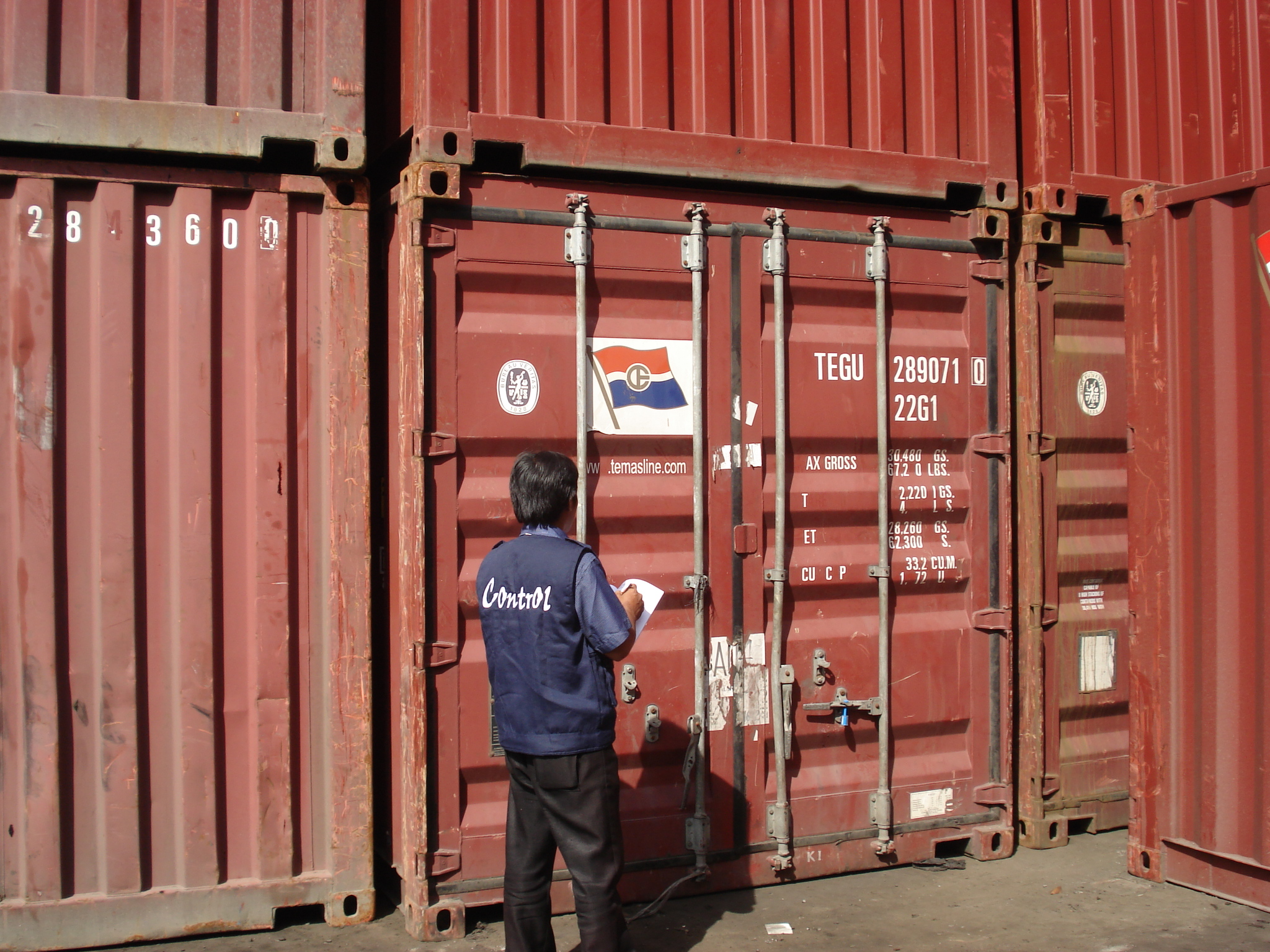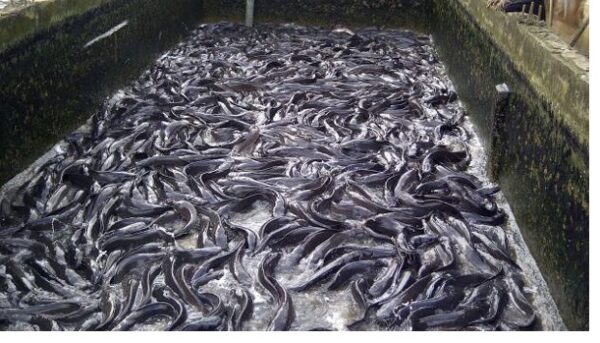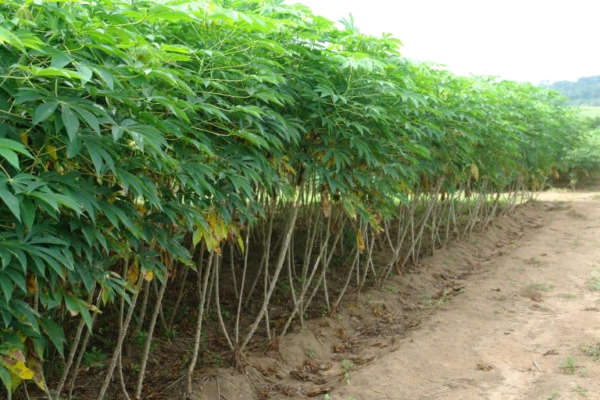Understanding The Sea link Project

Mrs. Dabney Shall-Holma is a former Director, Commercial Shipping Services of the Nigerian Shippers’ Council (NSC), the nation’s port economic regulator. She is known for her cerebral personality, especially in shipping and maritime matters. Here she explains the nitty-gritty of the sea-link project, highlighting the lofty objectives of a project which never really started.
Enjoy it:
Desirous of creating connectivity, reducing of transport cost and facilitating intra-regional trade with the specific objective of export diversification and deepening value added non- oil exports especially in underserved markets like ECOWAS and Central Africa (CEMAC region. To also foster the implementation of regional policies
(ECOWAS and NEPAD), broaden trade and market access for Nigeria goods and services, the SEA LINK project was conceived by the Nigerian Trading interest support by NEXIM Bank and Nigeria Shippers Council
Sea link is a dedicated, safe and modern fleet-mix, packaged for Short-Sea and Atlantic Trading within the West and Central Africa coast ( from Senegal –Angola) with a loop to include the countries in the Gulf of Guinea (Equatorial Guinea, Sao- Tome and principle) in the first instance but with possibilities of stretching beyond Central Africa to the cape of south Africa it seeks to address transport infrastructure deficit and eliminate all non- tariff to : increase intra-regional trade, regional integration and free movement of cargo, persons and other shipping services in West, and Central Africa .
The technical and economic feasibility report understood the following critical factor that support and establishment of a Regional Sea link project among others.
i. Highest comparative international transport costs and excessive transit time making intra-regional trade non- competitive and west and Central Africa transport and logistics cost one of the highest in the world.
ii. Absence of dedicated safe and modern fleet to encourage and facilitate Atlantic Short regions, thereby hindering regional integration efforts.
From statistics, ECOWAS and Central African Religion has the lowest international score on Ease of doing Business and perception on logistics index (LPI) based on six key dimensions – efficiency of customs clearance process, quality of trade and transport –related infrastructure, ease of arranging competitively priced shipments quality of logistics service, ability to track and trace consignments, and frequency with which shipments reach the consignee within the schedule time.
The Regional Sea link project has been endorsed and technically supported by the following key institutions:
i. Endorsed and financially supported by ECOWAS Commission.
ii. Technically assisted by MOWCA with membership in the Sea link Technical Committee.
iii. Technically and financially assisted by the Nigerian Shippers Council with membership in the Sea link Technical Committee and commissioning of two studies (sea link Feasibility study on Gulf of Guinea-Equatorial Guinea and Sao Tome& principle and Kirikiri Lighter Terminal Design) purposely for regional trade.
iv. Endorsed with technical financial assistance in the form of grant funding provided by the Directorate of Technical cooperation in Africa of the African Development Bank in the sum of US$302,000.
v. Endorsed /Supported by the African Export-Import Bank (Afreximbank) and ECOWAS Bank investment & Development (EBID) with arrangement for funding /investments.
The broad objectives of the establishment of the regional Sea link Project which are Interdependent are:
i. Provision of dedicated regional maritime service to promote connectivity, trade frequency and moderate transport cost facilitating formal/ recorded trade within the sub-region;
ii. Broadening trade and market access for regional goods and services.
iii. Deepening payment systems and enhance utilization of internationally recognized trade payment instruments.
iv. Facilitating the realization of various Maritime – related laws like the Cabotage Act 2007 and Nigerian Shippers Council’s trade facilitation role in the shipping industry.
v. Stimulating / attracting private sector funding for the development of key maritime infrastructure with the national benefit of improving the level of intra- regional formal trade, thereby enhancing contribution of trade /exports to GDP as well as enhance governments revenue collections.
vi. Harnessing maximally benefits that abide in our common geographic and historical heritage in the Gulf of Guinea.
Due to dwindling fortunes on oil revenue, the Federal Government has upped the campaign on diversification on the economy to encourage the exportation of agricultural produce, what is the council’s contribution to the ensure actualization of this in the light of its collaboration with the Kwara State Government on promotion of exportable products.
The Kwara Airfreight Summit drew over 450 participant /stakeholders from all trades commodities groups spanning from six (6) states
Niger, Kwara Kadunna, Kogi Osun, Ekiti and bordering into Republic of Benin, The non- oil export sector of the Nigerians economy who gathered together to discuss the issue and challenges limiting the growth of non- oil exports and also proffer solutions/ recommendations towards improving the performance of the sector in line with the Federal Government policy to move away from mono –economy.
The summit noted the volubility in the international oil market and the recent slump in the international price crude oil that had necessitated the new focus on oil export as a panacea to Nigeria’s dwindling foreign reserve.
The focus on non-oil export un-competiveness and low value addition, shallow non-oil exports basket and unemployment.
Presently, the credit flow to the non oil exports sector is declining and has constituted an average of 0.6% of total domestic credit to the private sector in the past five (5) years, similarity, non oil export revenue receipts have also declined from about US$4.39 billion in 2015. (CBN0
On the declining level of credit facilities to non- oil export sector, the participants recognized the need and importance of funding intervention to boost non-oil exports credit availability and access and then commended the Central Bank of Nigeria for its commitment to reduce the issue with existing Export Rediscounting and Refinancing Facility (RRF). The Summit also commended the ministry of Transportation for placing the issue on the front burner.
The summit extensively discussed key issues and reviewed some of the identified barriers to non-oil exports growth, such as the following.
i. Issues of availability of funds-adequacy access
ii. Challenges of logistic chain and physical/soft infrastructure gaps
iii. Quality standards and packaging issues as barriers to foreign market access
iv. Challenges of export production/operations
v. Lack of enlightenment of exporters and opportunities which exist in export of agricultural product
vi. Youth unemployment and its consequences to the national economy
The summit resounding submits that Government must encourage and energize private sector growth in oil trade.











